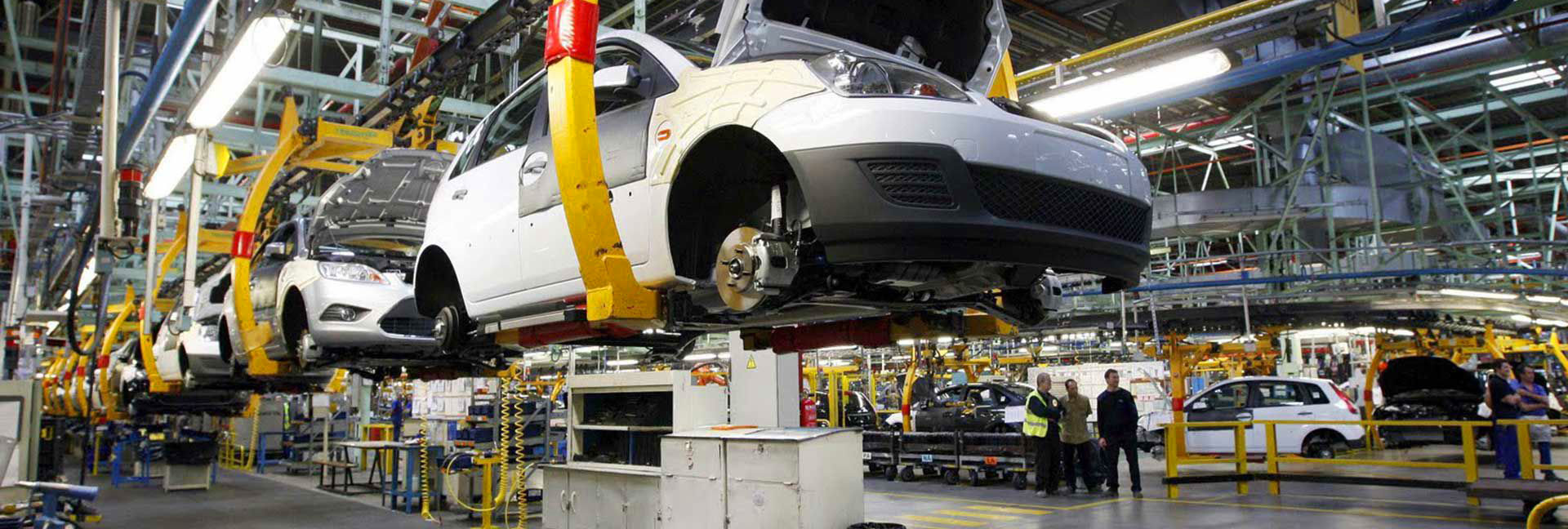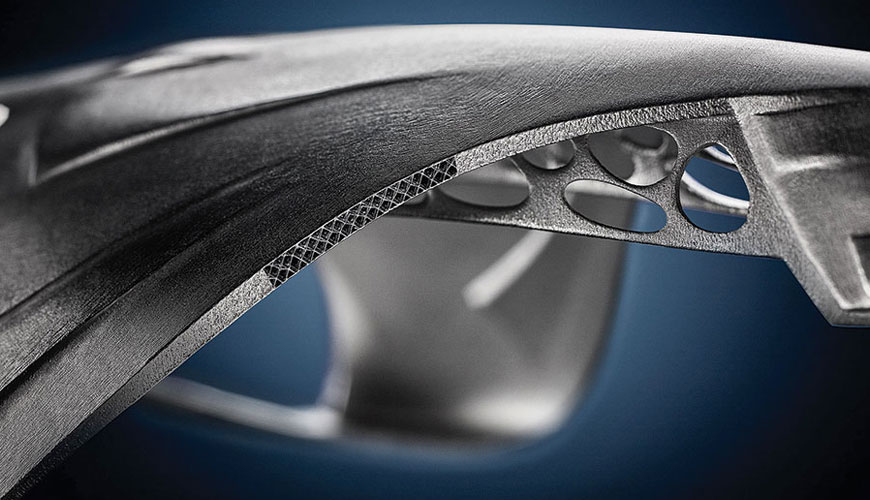

This VW PV 3909 test specification describes a method for testing the static and permanent elongation of textiles, films, leathers and insulation materials under defined conditions. Used for testing, sample and production monitoring.

Static Elongation
Static elongation is the difference between the gauge length under static (constant), time-dependent tensile load and the initial gauge length of the sample (before the load is attached). At small force levels, the amount of elongation is directly proportional to the force. The material is in elastic behavior; that is, when the force is removed, the elongation is reset.
Permanent Elongation
The permanent elongation is the difference between the gauge length and the original gauge length of the sample after a certain time in the no-load condition. Fibers that are subjected to a force above the yield point cannot return to their former length when the force is removed, they stay a little longer. This is called permanent length.
Many textile products produced with different raw materials and production methods are used in the automotive industry. Non-woven and woven fabrics are the most widely used fabric types. According to the usage areas of the textile products used; carpet, seat belt, airbag, sound insulator, seat upholstery fabric, seat lining fabric, tire cord fabric, seat filler fabric, inside the door, filter fabric and tarpaulin.
Approximately 20kg of textile material is used in a passenger car. This figure is increasing. Today, quality, reasonable price, timely production and fulfillment of customer expectations are among the most important issues in fabric production for automotive textiles.
In automotive materials, mechanical properties such as breaking strength, abrasion resistance, pilling, bursting strength, aging fastness properties such as light fastness, sweat fastness, rubbing fastness, flame retardancy, dirt and oil repellent and to measure the damage that animals with nails such as cats and dogs can cause to the fabric. fiber or yarn tensile tests from fabric are very important.
Ecological rules and reforms will increase the use of recycled textile materials in vehicles. In particular, polyester-based needled non-woven fabrics obtained from pet bottles with an efficiency of 60-65% are used as carpets in the automotive industry. In addition, in today's world where comfort is important, bulky non-woven fabrics that reduce engine noise will also be needed. Another important issue will be the production of non-woven fabrics by needling technology from biodegradable vegetable fibers such as hemp, jute, hemp, and banana fiber, which can be used as carpets in the automotive industry.
EUROLAB laboratory provides the best service to you, our manufacturers, with its experienced and professional staff for VW PV 3909 testing within the scope of all automotive standards. Do not hesitate to contact our laboratory for your testing and certification requests.
To get an appointment, to get more detailed information or to request an evaluation, you can ask us to fill in our form and reach you.